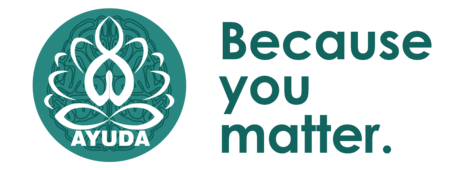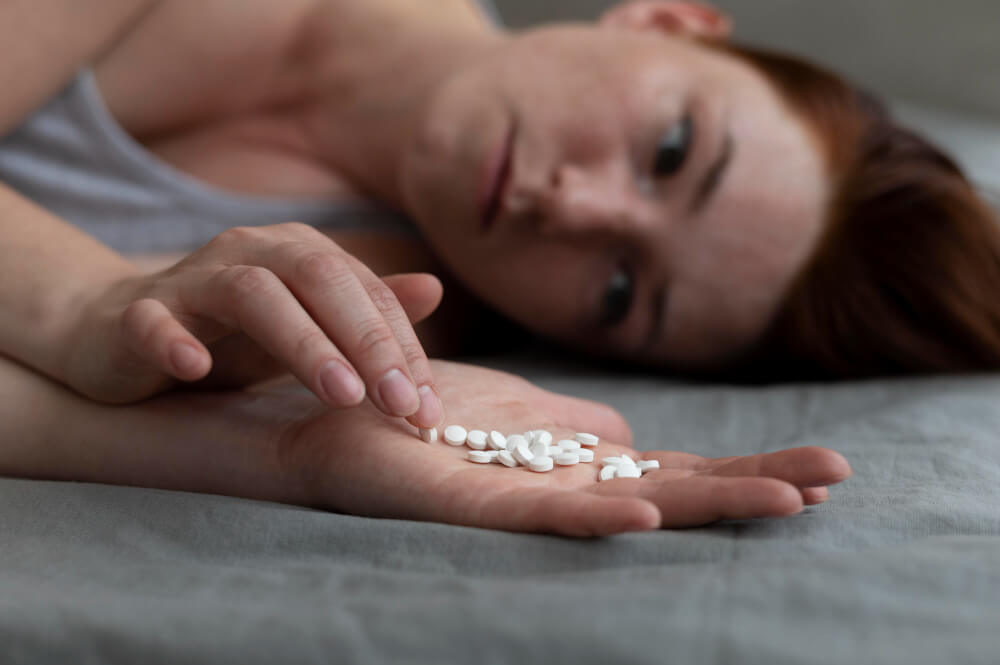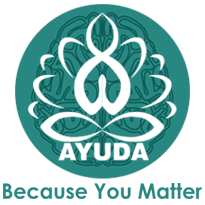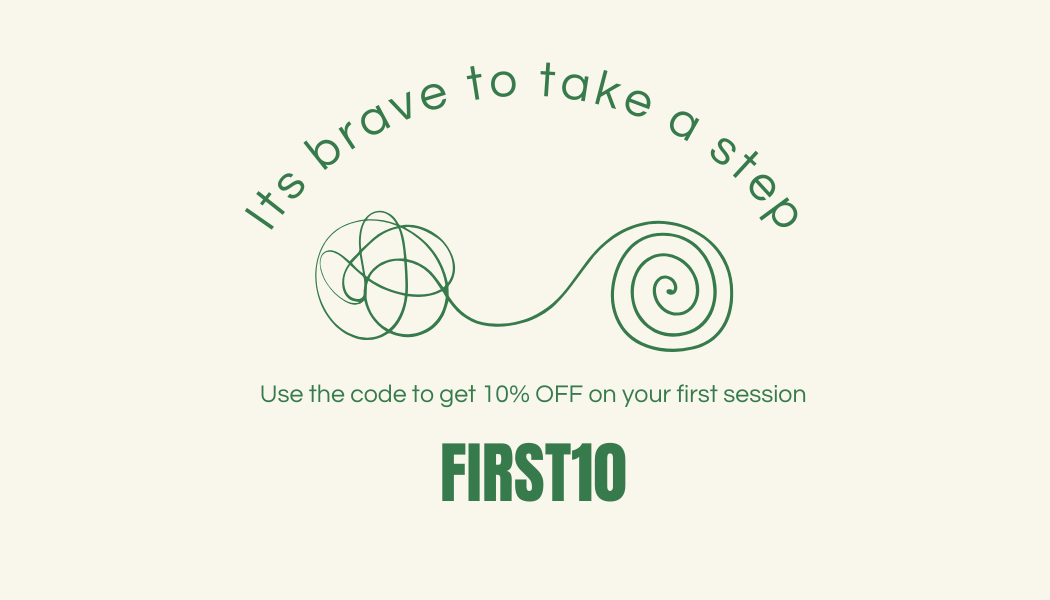Depression, a prevalent mental health condition affecting millions worldwide, is often characterized by persistent feelings of sadness, hopelessness, and a loss of interest in activities once enjoyed.
While pharmacological interventions such as antidepressant medications have long been an integral part of treatment, there is a growing recognition of the efficacy and importance of non pharmacological management of depression.
These non-drug treatments encompass a wide range of interventions, including psychotherapy, lifestyle modifications, mind-body techniques, and alternative therapies. Here, we explore the efficacy and considerations for integrating non pharmacological treatments into personalized treatment plans for depression.

What is the Meaning of Depression?
When it comes to looking into non pharmacological treatments, it’s essential to grasp the nature and impact of depression. Depression is more than just feeling sad; it’s a complex mental health disorder that affects mood, thoughts, and physical health.
Symptoms can vary widely but often include persistent sadness, fatigue, changes in appetite or weight, sleep disturbances, feelings of worthlessness, and difficulty concentrating or making decisions. Left untreated, depression can significantly impair daily functioning and lead to serious consequences, including suicide.
Types of Non Pharmacological Treatments
1. Psychotherapy:
- Cognitive Behavioral Therapy (CBT): CBT focuses on identifying and changing negative thought patterns and behaviors that contribute to depression. It equips individuals with coping skills to manage symptoms and prevent relapse.
- Interpersonal Therapy (IPT): IPT targets interpersonal issues and relationship problems that may contribute to depression. By improving communication and social skills, IPT helps individuals navigate and resolve conflicts, enhancing their support networks.
- Psychodynamic Therapy: This approach explores unconscious conflicts and unresolved issues from the past that may be contributing to present-day depressive symptoms. By gaining insight into these underlying factors, individuals can experience relief and personal growth.
Related Articles:
2. Alternative Therapies:
- Lifestyle Changes: Making positive lifestyle modifications can have a significant impact on mood and mental health. Regular exercise has been shown to reduce symptoms of depression by releasing endorphins and improving overall brain function.A balanced diet rich in fruits, vegetables, and omega-3 fatty acids supports brain health and mood regulation. Establishing healthy sleep habits, such as maintaining a consistent sleep schedule and creating a relaxing bedtime routine, is also essential for managing depression.
- Mind-Body Interventions: Practices that promote relaxation and mindfulness can help alleviate symptoms of depression. Meditation and mindfulness techniques cultivate present moment awareness and acceptance, reducing rumination and stress.Yoga combines physical postures, breathing exercises, and meditation to promote balance and well-being. Tai Chi, an ancient Chinese martial art, emphasizes slow, deliberate movements and deep breathing to enhance physical and mental harmony.
- Substitute Therapies: Some individuals find relief from depression through alternative therapies such as acupuncture, massage therapy, and herbal supplements. As a traditional Chinese medicine practice, acupuncture involves inserting thin needles into specific body points to restore balance and energy flow.Massage therapy can reduce muscle tension and promote relaxation, while certain herbal supplements, such as St. John’s Wort and Saffron, have shown promise in managing depression symptoms.

Where to Get Counseling for Depression?
If you’re seeking counseling for depression, Ayuda Mind Care offers compassionate and evidence-based therapy to individuals in Sangli, Gwalior, Pune, and beyond. Our team of experienced psychologists specializes in providing the best therapy for depression, utilizing approaches such as Cognitive Behavioral Therapy (CBT), Interpersonal Therapy (IPT), and mindfulness-based techniques.
Whether you’re looking for in-person sessions or prefer the convenience of online therapy for depression, Ayuda Mind Care is committed to supporting you on your journey toward healing and recovery. Reach out to us today to schedule an appointment and take the first step toward a brighter tomorrow.

Efficacy of Non Pharmacological Treatments
Psychotherapy, particularly Cognitive Behavioral Therapy (CBT), has consistently demonstrated its efficacy as a non pharmacological treatment for depression. Numerous studies have shown that CBT helps individuals identify and challenge negative thought patterns and behaviors associated with depression, leading to significant reductions in depressive symptoms and improved overall well-being.
By providing a supportive and structured environment for exploration and change, psychotherapy empowers individuals to develop coping skills, build resilience, and achieve lasting recovery from depression. Its evidence-based approach and focus on skill-building make it a highly efficient and widely recommended treatment option for those seeking relief from depression.
Non-pharmacological treatments for depression provide a diverse array of options beyond symptom relief, addressing the multifaceted nature of the disorder.
Integrating these approaches into personalized plans and encouraging collaboration empowers individuals on their path to recovery and resilience.
